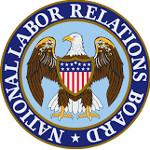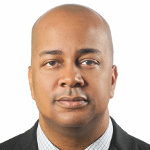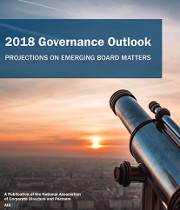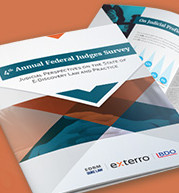Two attorneys with experience helping biotech and other companies finance their operations and a patent litigator with a focus on Asian businesses have joined Barnes & Thornburg LLP in its Chicago office. Bruce Zivian and Dennis Peterson have joined as partners in the Corporate Department, and Joseph Paquin is a new partner in the Intellectual Property Department.
The firm said Zivian and Peterson have more than 30 years of combined experience of working with venture capital funds and syndicates, private equity sponsors, corporate strategic investors and entrepreneurs, principally engaged in the life sciences, information technology, autonomous vehicles and other tech-focused industries. They join from Perkins Coie LLP.
“Growing our corporate practice is a strategic priority for us in 2018 and we are thrilled to kick off the year by adding to our team,” said David Gotlieb, chair of Barnes & Thornburg’s Corporate Department. “Bruce and Dennis are two dynamic attorneys who can advise on the domestic and international investment activities of key players in the venture capital and private equity space. They will be tremendous resources for high-tech companies looking to grow and scale, as well as the investors involved throughout their life cycles.”
Paquin focuses his practice on patent litigation, counseling and protection, with an emphasis on representing Asian companies. He also represents clients in post-patent grant proceedings, including inter partes reviews and patent reexamination.
In a release, the firm said:
Mark Rust, managing partner of Barnes & Thornburg’s Chicago office, said: “In the past year, we’ve seen a record infusion of capital flowing into emerging growth companies based in Chicago, and Bruce and Dennis will be instrumental in driving continued deal activity in 2018 and beyond.”
“Joe is a highly regarded patent litigator and veteran IP counselor,” said Rust. “His vast experience advising manufacturing and technology companies around the world will nicely complement our national IP practice, not to mention our fast-growing office in Chicago.”
About the Attorneys
Bruce Zivian represents clients involved in venture capital, private equity and debt financing transactions; M&A; board and corporate governance matters; commercialization activities, including research, development, license, reseller and distribution transactions; joint ventures; and employment and benefits issues, among other matters.
Zivian earned his J.D. from the University of Michigan Law School and his A.B., with honors and distinction, from Stanford University.
Dennis Peterson provides guidance to private equity, venture capital and corporate strategic investors in their investments and acquisitions. He also represents early and growth companies in general corporate and commercial matters, including mergers, acquisitions, divestitures and financing transactions.
Peterson earned his J.D., magna cum laude, from the University of Minnesota Law School and his B.A. and B.S., with honors, from the University of Minnesota.
Joseph Paquin, in addition to his litigation and post-grant work, advises clients on their patent portfolios, patent licensing, and comprehensive corporate IP programs. His industry experience covers a wide spectrum of technologies and consumer goods, including electronics, telecommunication systems, semiconductors, computer displays and hardware, food products, dental products, injection-molding equipment, magnetic resonance imaging scanners, and lithium ion batteries, among others.
Paquin earned his J.D. from Georgetown University Law Center and his B.S. from The Ohio State University.
 The National Labor Relations Board threw out its most important ruling of 2017 — a 3-2 victory for major U.S. corporations — following an internal agency report that found that a potential conflict-of-interest had tainted the vote, reports Bloomberg, via the Chicago Tribune.
The National Labor Relations Board threw out its most important ruling of 2017 — a 3-2 victory for major U.S. corporations — following an internal agency report that found that a potential conflict-of-interest had tainted the vote, reports Bloomberg, via the Chicago Tribune.





